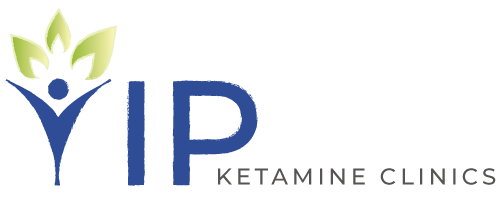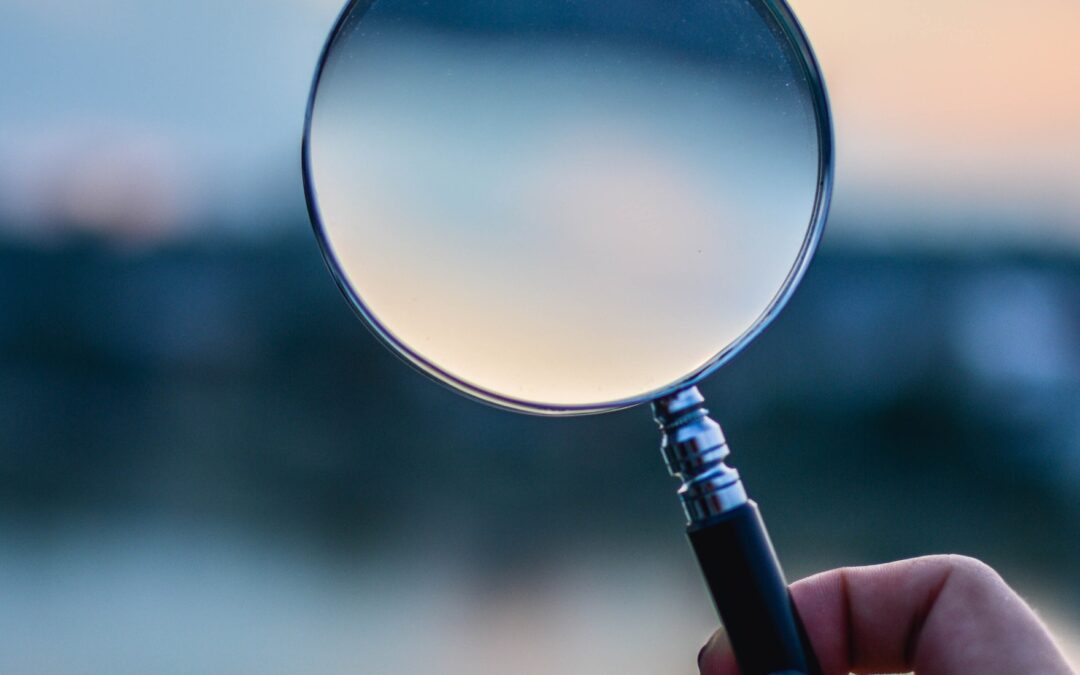When it comes to a variety of health issues—including mental health concerns and chronic pain—members of the BIPOC community are less likely to receive proper care than their white counterparts. In fact, for Black Americans, only one in three adults gets the help they need for mental disorders. There are numerous reasons for this disparity, including stigmas attached to mental health concerns in certain communities as well as a lack of minority representation among providers. Recognizing signs of depression and pushing past these barriers is essential to ensuring the mental health of all Americans.
Overcoming Stigmas
Although mental health concerns come with stigmas in every community, the stigma is often more prevalent among BIPOC Americans. For example, a recent survey revealed that 63 percent of Black Americans think of mental health conditions as a sign of weakness. In addition, many people are concerned about taking medications because of the side effects that often come along with antidepressant medication. Fortunately, there are numerous outreach programs in BIPOC communities that are working to combat this stigma and provide help to people with mental health concerns. If you find yourself noticing signs of depression—such as lack of motivation or interest in things you used to enjoy, change in sleep or appetite, or anxiety and restlessness—reaching out to a community program can help you get the assistance you may need.
Equal Representation
Another barrier to mental health treatment in BIPOC communities is the lack of equal representation among service providers. Fewer than 30 percent of professional counselors in the U.S. are members of the BIPOC community and many white practitioners lack the cultural sensitivity to provide nonwhite patients with the proper care. Luckily, more BIPOC providers are entering the field every day and there is an increased emphasis among white providers on the importance of improving cultural awareness.
Treating the Signs of Depression
There are many treatment options for mental health concerns including talk therapy and medication. If you are concerned about your antidepressants’ side effects or if you’ve found other treatments insufficient, ketamine infusion therapy could be a great alternative. Safe and effective, ketamine infusions have been proven to treat a variety of mental health disorders, including depression, anxiety, and PTSD.
Contact VIP Ketamine Clinics
Contact VIP Ketamine to learn more or to schedule an appointment.

